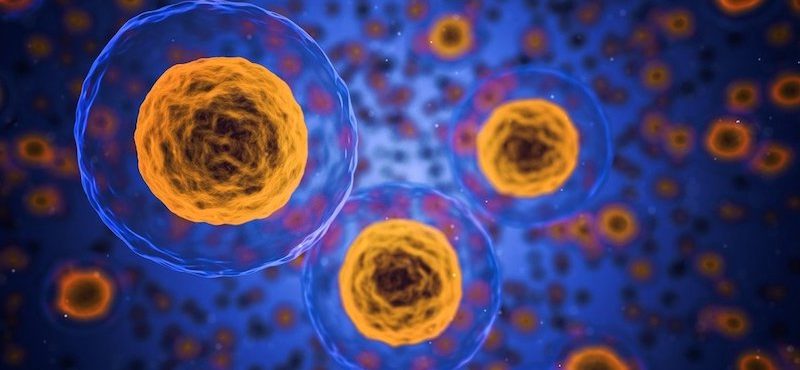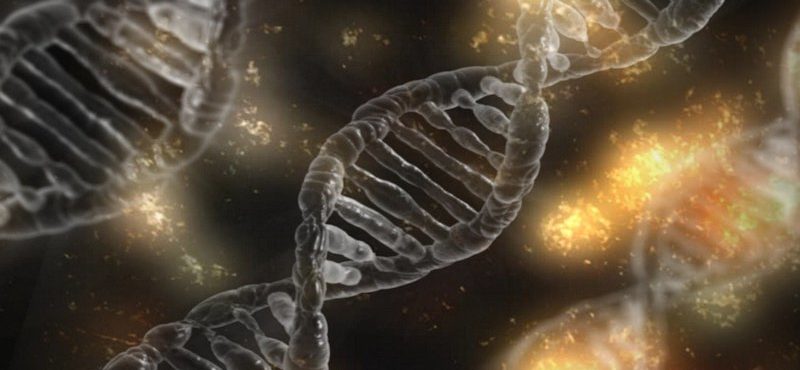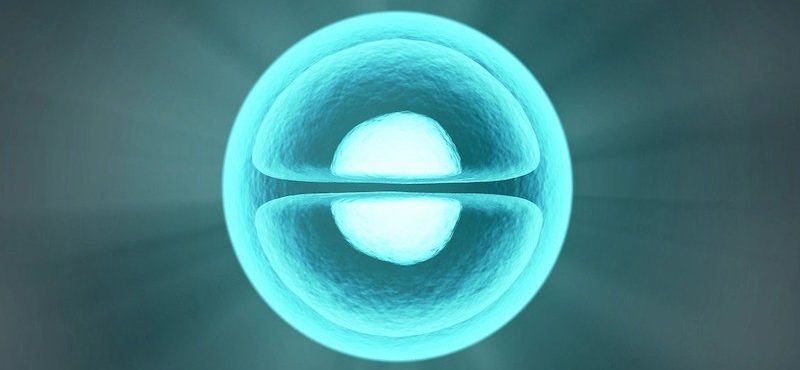Welcome to the Vanderbilt University Center for Cancer Systems Biology!
What we do:
Our group addresses a fundamental issue in oncology: the pervasive and ubiquitous occurrence of phenotypic heterogeneity in any cancer, at all stages of progression. The overarching goal of the Center is to produce a quantitative understanding of plasticity and dynamics of cancer cell phenotypes in a tumor, as we believe this knowledge holds the promise of major advances in treatment. Both genetic and epigenetic factors contribute to tumor heterogeneity. Furthermore, multidirectional interactions of distinct tumor cell phenotypes amongst themselves and with host cells shape the evolutionary trajectory of a tumor, including its metastatic properties. Thus, heterogeneity is a complex, multi-scale problem (from genes to molecules to cells to tissues), intrinsically unsuitable to reductionist approaches. Rather, we consider a systems-level approach to current challenges, which include: 1) identifying useful quantitative metrics of a tumor phenotypic space; 2) defining deterministic and stochastic components of heterogeneity at molecular and cellular levels; 3) deriving emergent tumor phenotype dynamics from single-cell behavior; and 4) designing effective treatment strategies based on this system-level knowledge.
To tackle these challenges, we frame tumors as complex adaptive systems and apply concepts from dynamical systems theory. Furthermore, we resolved to focus a multitude of theoretical and experimental approaches on one single cancer type, Small Cell Lung Cancer (SCLC), which at the moment is a disease with dismal outcomes and no improvement in treatment approaches for over half a century.
Our model system:
SCLC is an ideal model system to study the impact of phenotypic heterogeneity on progression and treatment resistance. Virtually all tumors exhibit degrees of plasticity, but SCLC is on the extreme side, facilitating data interpretation and possibly reducing the influence of confounding factors. For instance, SCLC tumors exhibits rapid relapse after initial high levels of response to chemoradiation treatment. Relapse is not associated with recurrent acquired resistance mutations, pointing to a major role for phenotypic state transitions. SCLC initiation and promotion involve obligatory biallelic inactivation of tumor suppressors p53 and Rb, while driver oncogenes appear to be absent. Nonetheless, diverse intra-tumor SCLC cellular phenotypes emerge in patients and mouse model tumors, supporting the idea that SCLC aggressiveness and treatment escape depend of phenotype diversity. Our working hypothesis is that heterogeneous phenotypes and their interaction dynamics form a robust SCLC tumor ecosystem adaptable to perturbations and treatment. In our Center, the overarching goal is to test this hypothesis with a combination of experimental and modeling approaches and if correct, at least in part, demonstrate its general value for other cancer types.



